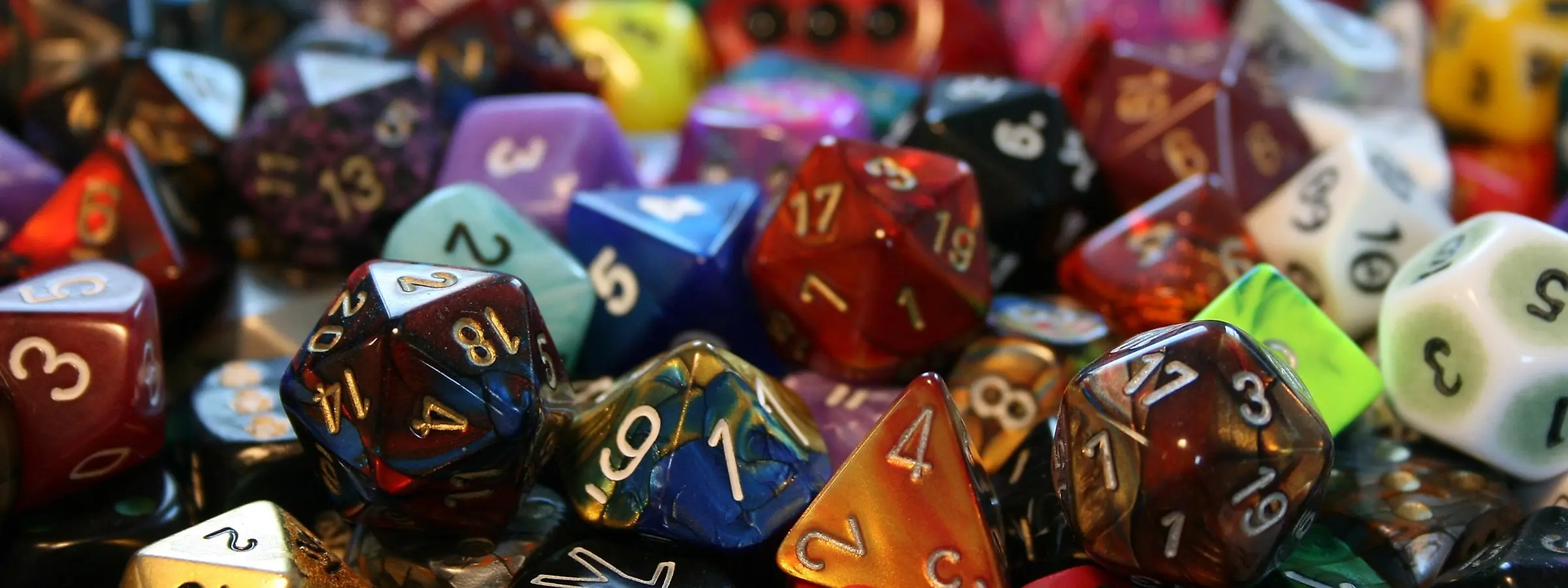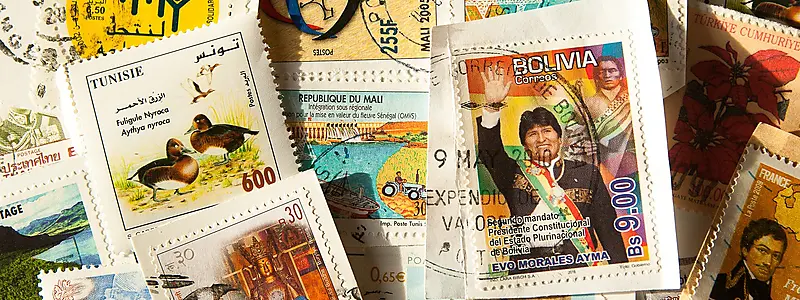Did you know that the Margaret Weis and Tracy Hickman book The Dragons of Autumn Twilight, the first entry in a four-book series, was based off of their own D&D campaign? This captivating tale centers around a group of adventurers who come together after years of separation. Initially, they hadn’t intended to embark on another quest, but circumstances force their hands when they discover that the Dragon Highlords are plotting to conquer the entire continent. With the addition of the resilient plainsfolk Goldmoon and Riverwind, the reunited companions set forth on a perilous journey to thwart the Dragon Highlords’ sinister ambitions.
Tabletop RPG groups tell vibrant and memorable stories together at the gaming table. The elaborate plots, memorable characters and unseen plot turns that emerge from the combination of dice rolls and imaginative role-playing often seem deserving of an audience larger than those lucky enough to experience them in person. Many game masters, players, and aficionados have opted to transform their sessions into prose, to preserve the wonder of their supernatural bonding. The idea can be extremely rewarding, but also has its own challenges. By being aware of both the fun and the hard parts of this process, you can better determine if transcribing your everyday life is aligned with your creative dreams.
So one of the most tempting parts of writing fiction based on your RPG sessions is the opportunity to record and elaborate on the proceedings of the game. Tabletop games are, inherently, transient experiences. Even if everyone remembers the major waves, details blur over time, and entire subplots may be lost as soon as the session is over. Turning the game into prose lets you turn ephemera into a permanent record. In doing so, you get to deepen character arcs and fill in any narrative gaps that might have been, well, hand-waved at the table. The randomness of the RPG session is itself a well of inspiration, as dice-driven chance can create plot twists that even the most skilled writer may not think to create himself. Those spontaneous developments become fixed when written into the story, and that fixation creates a work of narrative fiction that gains recognition for its surprising developments and unconventional solutions to in-game problems.
Another element of appeal to this undertaking rests on the ability to highlight the strengths of the players’ imagination and role-playing. The shared creativity that develops around the table can evoke as much dynamism as any writing process that is collaborative. You honor your group’s collective storytelling by capturing those moments in prose. You also allow yourself an opportunity to sharpen your writing chops in a space already overflowing with ideas. The characters, plotlines and world-building are all instituted, at least in part, by the game itself, which means that you have a robust framework for your work. For new authors, having this ready-made landscape can take the intimidation out of writing. Instead of starting completely from the ground up, there’s a base of dialogue, personality, motivations and lore that can be nurtured with love on the page. A little springboard such as this can be useful for practicing style, pacing and descriptive techniques without the additional mental weight of dreaming up each specific detail from scratch.
Moreover, creative writing greatly contributes to the overall RPG experience for many players and game masters. Sometimes, a little structure can help the players themselves remain more engaged — if you know that each session may eventually fit into a story, it urges people to keep playing tall with their characters. It can also lead to side adventures or deeper interactions, since players might feel more invested in weaving back stories and supporting cast members. That knowledge that the story is evidence to be documented can elevate the sense of stakes, making even small decisions feel like opportunities to delve deeper.” Readers who missed the actual game may discover an entirely new world as they read the pages of your story and relate to the drama, humor, and excitement of your table’s particular flavor of storytelling.
However, even with these tempting benefits, some roadblocks can make it difficult to write down your game sessions. One big obstacle is that tabletop gaming and prose writing are discrete art forms. Just because something works in the heat of a dice roll, or in the split second of a spontaneous bit of banter, doesn’t always translate to a well-structured narrative. Role-playing can include meta-discussions, inside jokes or distractions that aren’t intended to go into a refined story. When translating these into prose, it becomes “confusing how much of what comes from the sessions should be put on the page and how much should stay behind the curtain.” The excitement your group shares in the moment may entail knowledge of game mechanics or the mere proximity of friends in a room, and it can be difficult to convey the same energy on the page without interruptive asides or extended exposition. Here, it’s a delicate balancing act to reconcile the raw data of a game with the dramatic pacing required of a compelling story and, whenever necessary, a willingness to craft the tale with an eye to narrative flow.
This is augmented by the fundamentally different pacing of role-playing and storytelling. In a session, there can be several hours of puzzle-solving and combat encounters and character interactions that don’t drive the plot forward in a way that’s dramatic or meaningful for a work of fiction. Writing out long stretches like these can create a slow pace, or have descriptions so repeatitive that you suck the tension away from the story. On the other hand, squeezing down or omitting less-driving sections could leave readers scratching their heads over why certain characters made the decisions they did, or how the party got to a given area. Finding the balance between thoroughness and concision is a constant struggle, because you want to keep all the richness that makes your world feel real, but you also need the narrative thrust that provides a sense of urgency to turn pages.
If a group has different styles of play, that can become a stumbling block during writing, too. Every player has a different way of playing in a traditional RPG. Some get lost in the headspace of the character, while others prioritize tactical play or comic relief. In what is otherwise a shared experience in playing, this variety often makes it all the more fun. Yet for a work of fiction, such disparate approaches can produce tonal shifts that are disconcerting for readers. Some players may participate in jokes that inspire table morale, but sit ill at ease in a fantasy epic as serious as the big plotlines. Others may construct decades of grim backstory that demands a serious investigation of grave themes, possibly drowning out funnier beats. Melding those disparate styles into a single, cohesive narrative requires a lot of thinking, and balancing out the tonal whiplash often means editorial decisions have to take place that don’t necessarily align perfectly with what was original to the session. This can lead to issues of fidelity to the original material that could create some disagreements, or some disappointment, with the group.
Another major consideration is time commitment. Generating a story from scratch is a significant task, and creating a cohesive text out of countless hours of gaming sessions may prove even trickier. Recording, reviewing and transcribing can become its own project, requiring a thorough series of notes or audio logs and then hours of organization and editing. That will be difficult if you have meetings every week and each group creates further content to distill into a narrative. This is an extended process, with the threat of burnout and the complication that the campaign can move in a completely new direction before you’ve managed to finalize the first arc. The potential rewards of sticking to something through tons of work can be huge, but it’s important to consider if the amount of energy matches well to your real world.
The distinction between the expectations of a gaming group and the general reading public might complicate the process further. Role-playing groups usually have deep familiarity with the world, characters and situations that lead to decisions or reactions around the table. Outside readers will require all those particulars explained, but that can bring a narrative to its knees with too much exposition or lore dumps. It’s not that what is perfectly natural in the game is weird or absurd when it comes to the written word, simply the context is missing. A fictional world as vast as yours, like all large creative projects, requires some form of pruning or streamlining for a new audience, which means that favorites from the game’s lore may need to trimmed or simplified, which may lessen some of the depth your game group finds invigorating. The need for clarity versus preserving the nuance of the original game setting can be another high-wire act stretching your creative and editorial muscles to the max.
Considerations like these can help you in the decision on whether you want to take that leap and write your RPG campaign as a story. Its definitely a creative process and then it can save memories of your best Tabletop Adventures for years. The devil is in the details: it can also enhance your grasp of writing, reflect on player engagement, and lead to a gratifying fusion of gaming and narrative. For one thing it takes time and energy and a willingness to boil down and recast events that glided beautifully in the original live, improv one-night-only setting but don’t quite click into place as narrative prose without a great deal of rewriting and editing. The end result, if approached in the right spirit, can be a one of a kind work of fantasy, science fiction or transfer any other genre that pays tribute to the magic created from the alchemy of you, your friends, the dice and your imagination.
The right personal balance is unique to you and your group. Some will welcome the challenge, eager to elaborate on favorite stories in the hope of making them shine anew, of springing familiar figures and landscapes to life in a new book. Others will prefer to allow the spontaneity and shared laughter of a gaming table to stand on its own as a reward. Whatever path you choose, it can be helpful to keep in mind the value of RPGs lies in the joy of collaborative play. It’s just one means to deepen that joy, to illuminate and amplify those in-the-moment acts of writing into something permanent and sometimes downright magical.







